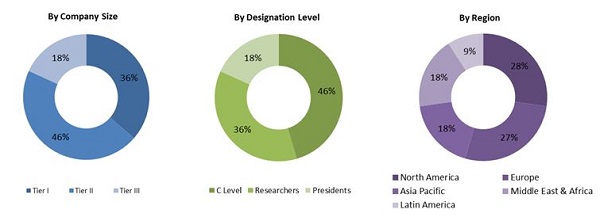
The global fireproof insulation market was valued at USD 18.16 Billion in 2015, and is projected to reach USD 23.79 Billion by 2021, at a CAGR of 4.6%. Stringent building codes in developed countries, greenhouse gas emission reduction, cost efficiency, strict regulatory environment, rebates and tax credits, and increased demand from new constructions are some of the factors that are expected to drive the growth of the fireproof insulation market during the forecast period.
The residential buildings segment is anticipated to dominate the global fireproof insulation market, by application
The residential building is the largest application segment in the fireproof insulation market. This is mainly attributed to increase in adoption of fire safety regulation in the residential building sector in developing countries, thus increasing the demand for fireproof insulation. Fiber glass, stone wool, foam board, and PUR insulation are the materials majorly used for insulating flat fireproof.
Download PDF Brochure: https://www.marketsandmarkets.com/pdfdownloadNew.asp?id=231138768
Glass wool is the most commonly used material in the global fireproof insulation market
Glass wool dominates the global fireproof insulation market. Increasing demand from new construction around the globe is driving the growth of this segment. Glass wool is produced in rolls, blankets, slabs, and loose-fill with different thermal and mechanical properties. Glass wool products are capable of providing class 1 and class 0 level of fire safety according to the British Standards. These materials are acoustic, flexible, non-combustible, non-degradable, lightweight, and are not very expensive in comparison to other insulating materials which makes it a widely used insulant material used for fireproof insulation.
Europe is the most dominant region in the global fireproof insulation market. It is estimated to witness a comparatively slower growth than other regions as some of the European countries are experiencing the economic downturn, which has significantly impacted the European construction sector. The energy-saving initiatives and continuous modifications in the building regulations have been helpful in supporting the market growth.
Some of the key players operating in the global fireproof insulation market include Rockwool International A/S (Denmark), Knauf Insulation GmbH (Germany), Saint-Gobain S.A. (France), Owens Corning Corporation (U.S.), Berkshire Hathaway, Inc. (U.S.), BASF SE (Germany), and Paroc Oy (Finland).
Rockwool International A/S (Denmark), is the leading player in the fireproof insulation market. The company offers a wide range of fireproof insulations. The company follows both organic as well as inorganic growth strategies to increase its share in the global fireproof insulation market. The company serves both commercial and residential markets and has effectively managed expansion of its existing or new facilities, development of new products, and acquisition of its sales partners to expand its product portfolio globally. For instance, in June 2016, Rockwool International established a new production facility in Poland with an investment of 80 million Euros. This new production line will help Rockwool to meet the growing demand for stone wool insulation in the Polish market. In December 2015, Rockwool expanded production capacity at its plant in Bohumin, Czech Republic. This is expected to help the company to expand its presence in Central Eastern Europe.
Read More: https://www.marketsandmarkets.com/ResearchInsight/fireproof-insulation-market.asp


